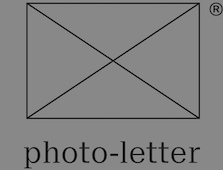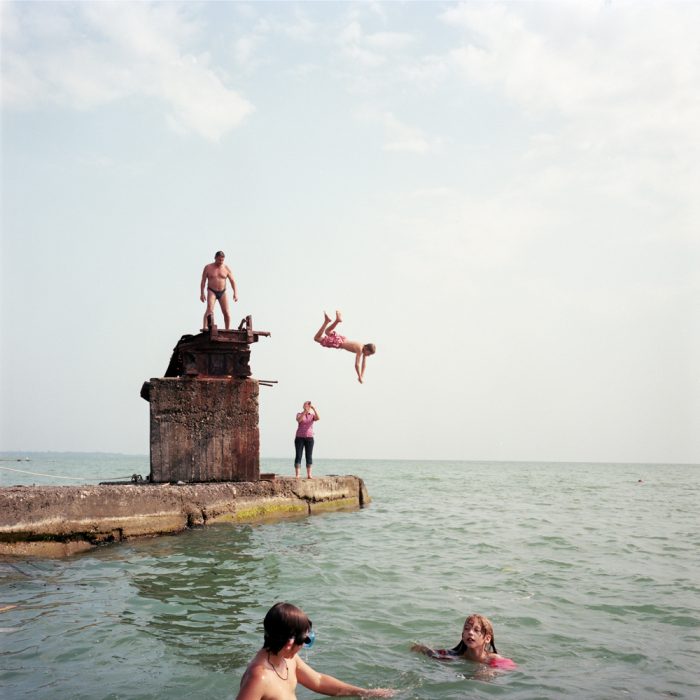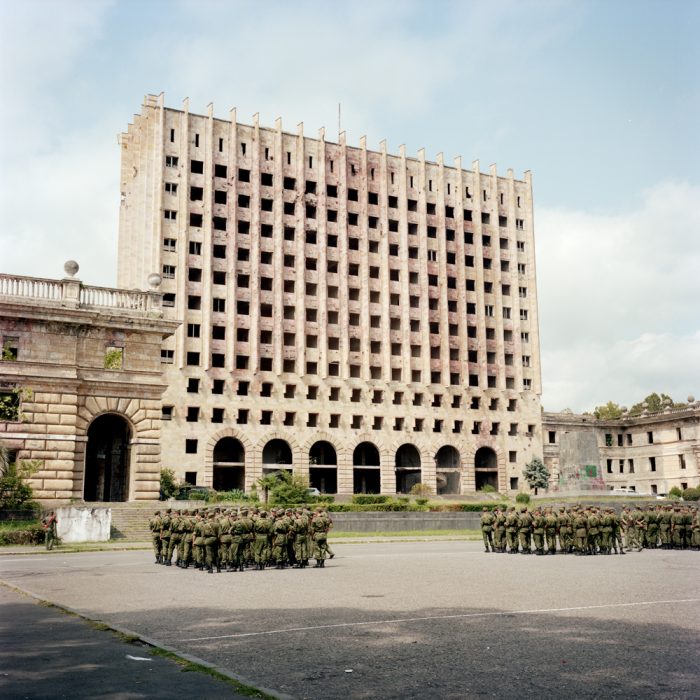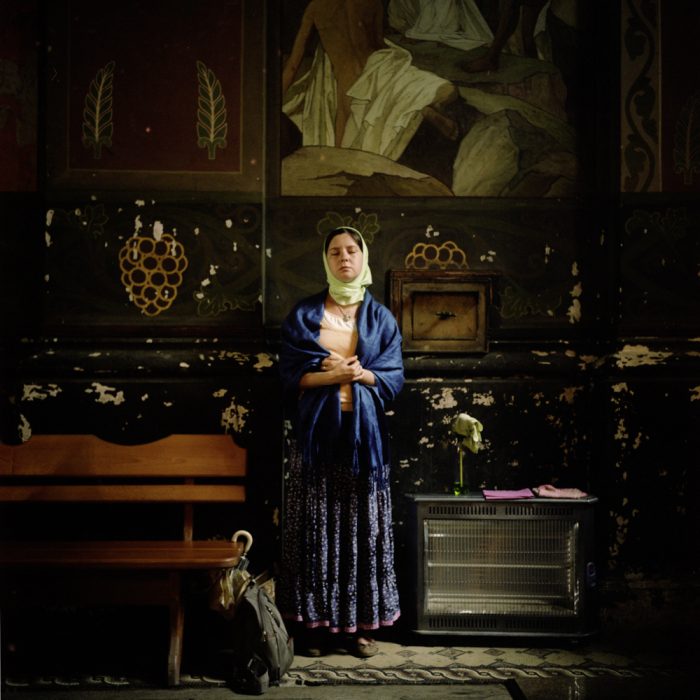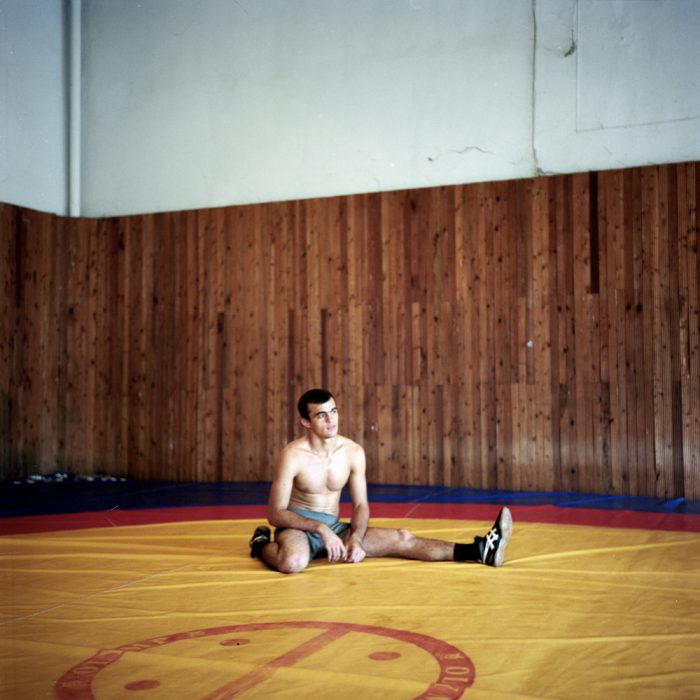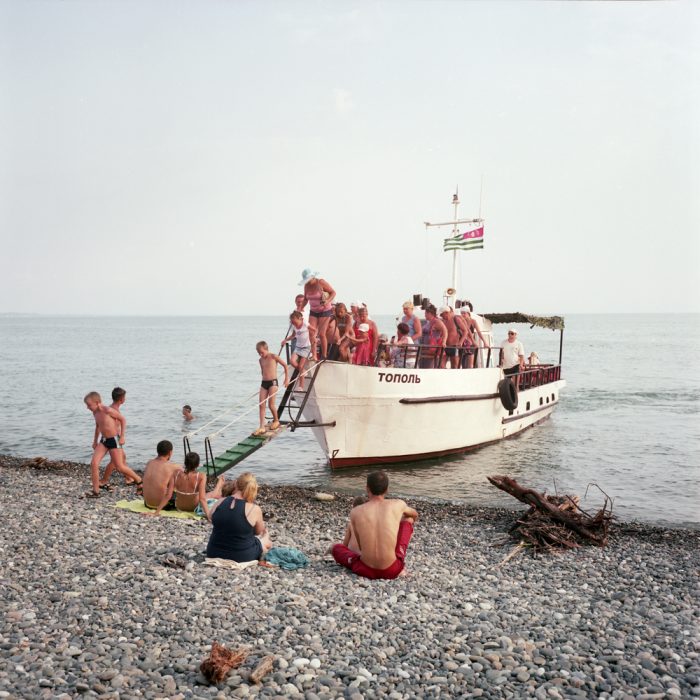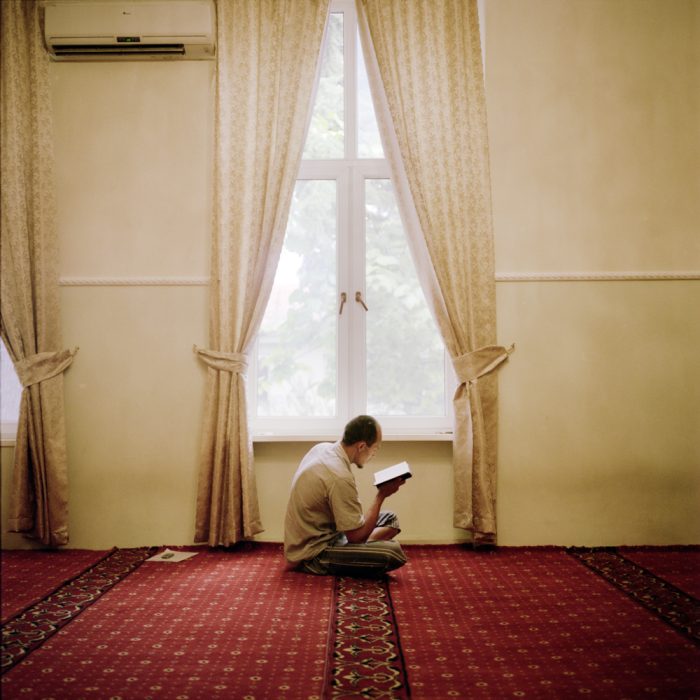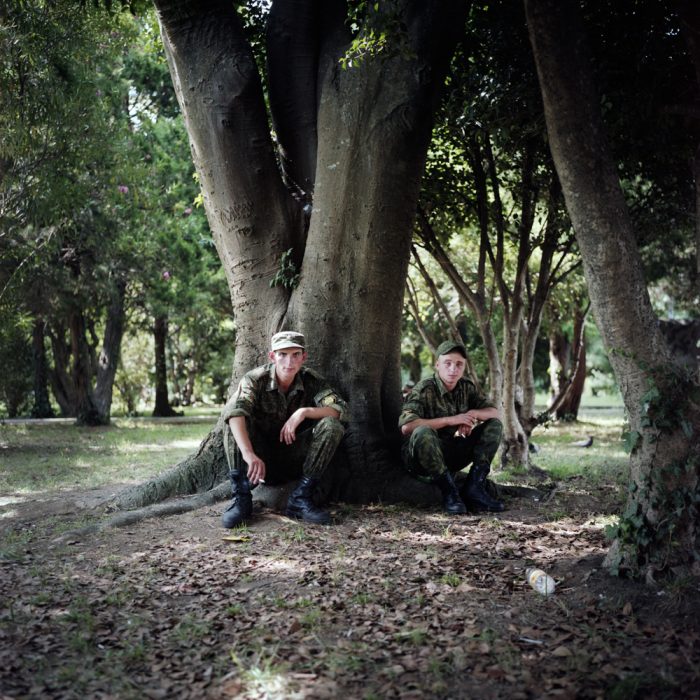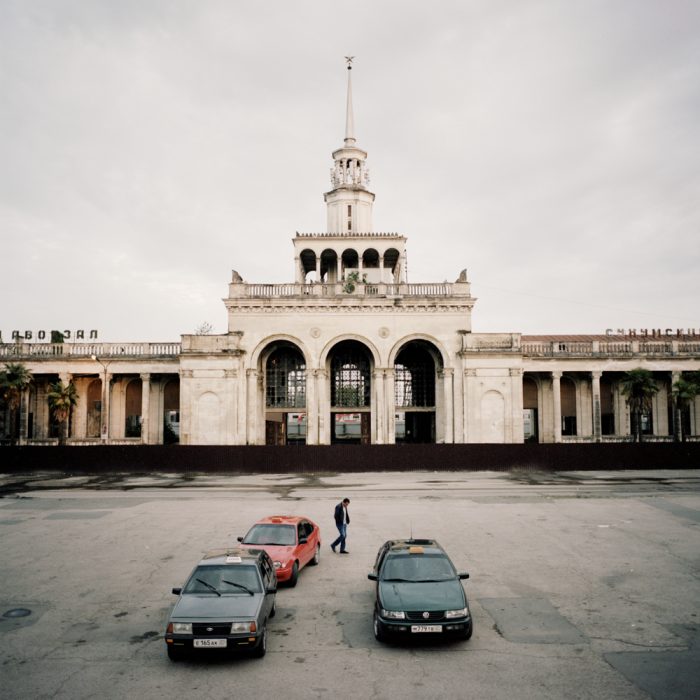Abkhazia
Julien Pebrel
2022 — Abkhazia, Georgia
About this series
Located in the northwest of Georgia, at the foot of the Greater Caucasus mountains, Abkhazia is a territory with a complex history and uncertain status. Officially part of Georgia, separatist forces declared independence in 1992, triggering a brutal conflict that forced hundreds of thousands of ethnic Georgians to flee. Before the war, up to half of the population in Abkhazia was made up of ethnic Georgians. The other half were mostly Abkhazians, Armenians and Russians. Abkhazians felt they had become a minority in their own land. Georgians saw their large presence there as proof that Abkhazia was naturally part of Georgia.
Following the brief Georgian-Russian war of 2008, the “Republic of Abkhazia” was recognized as an independent state by Russia and a handful of other countries. Most other countries view it as an autonomous region that is part of Georgia. Torn between a desire to break from Georgia and a fear of being swallowed by Russia, Abkhazia has tried to chart its own path. Recent events have shown just how hard this will be. Threatening a halt to Russian investment in the region, Moscow is now pressuring the Abkhaz government to hand over land around Black Sea resort town of Pitsunda.
Photographer: Julien Pebrel
Nationality: French
Based in: Georgia – France
Website: www.julienpebrel.fr
Instagram: @julienpebrel
Julien Pebrel (born 1983) is a french documentary photographer living in Tbilisi and Paris member of MYOP Agency since 2011.
He has worked on Afghan migrants in France, factories recovered by their workers in Argentina, the Danube Delta in Romania, men exodus in Armenia, Abkhazia, the Republic of Nagorno-Karabakh, autonomous region of Gagauzia, AIDS orphans in Togo..
Today he shares his life between Paris and Tbilisi where he’s working since 2017 on a long term multimedia project about Georgia and the transition the country is living today : situation of ethnic minorities, border issues with its separatist regions, refugees, alternative youth in Tbilisi, etc
Julien Pebrel has published in the Financial Times Magazine, Sunday Times Magazine, The Washington Post, De Morgen, The Guardian, M le magazine du Monde, L’Obs, Internazionale, Géo, D la Repubblica, Revue XXI, Libération, Mare, Der Spiegel, Le Temps, Aftenposten Innsikt, Time, Newsweek Japan, Days Japan, nationalgeographic.com, Huck, Le Monde, etc.
He has recently received a fellowship from University of Southern California, and grants from Centre National des Arts Plastiques, Union des Photographes Professionnels, Journalismfund.eu, Société Civil des Auteurs Multimédias (SCAM), etc
His work has been exhibited and projected in personal exhibitions, collective exhibitions, and photography festivals in France, Georgia, South Korea, Germany, UK, etc.
He is currently working on his first documentary film, Kartli, co-directed with Tamar Kalandadze.
